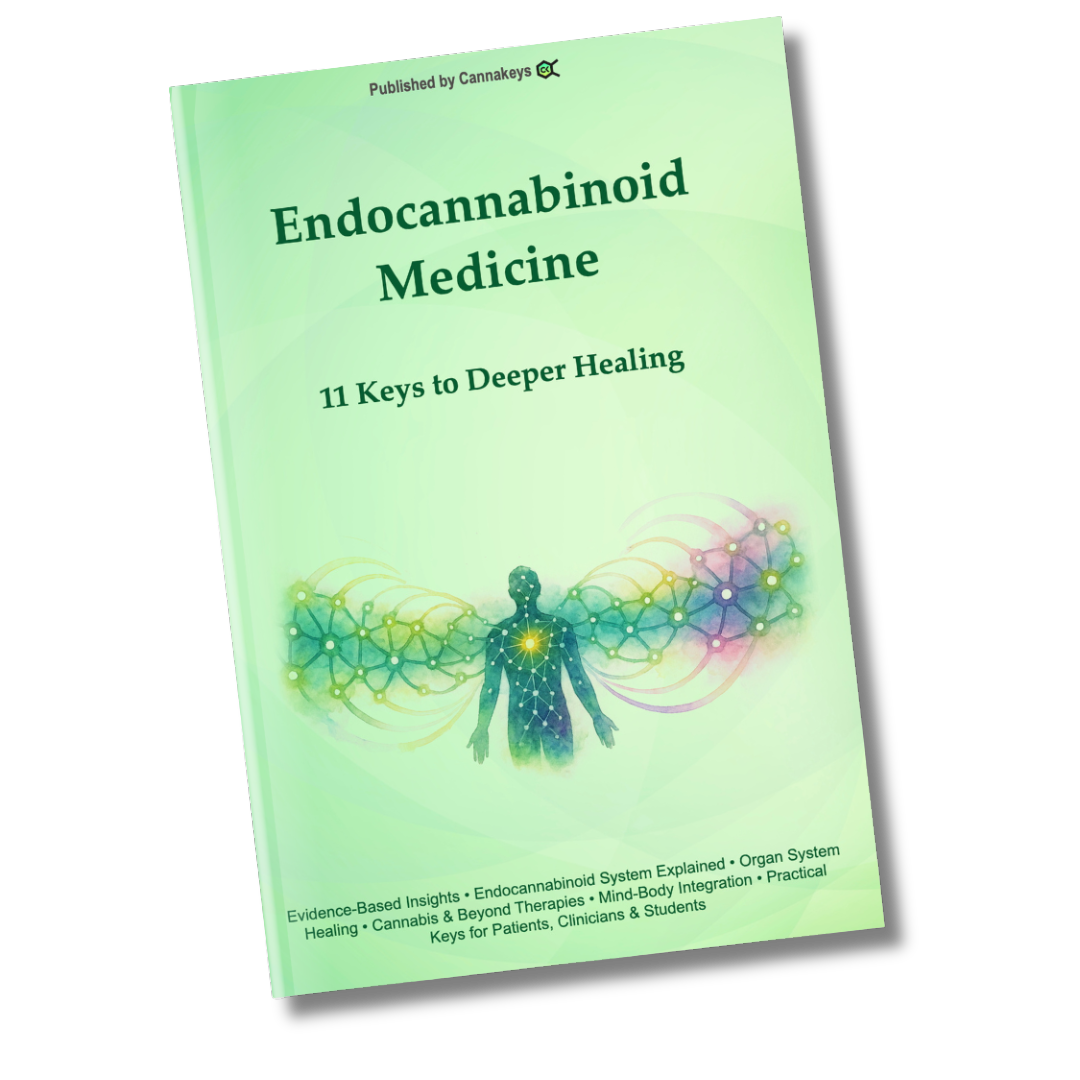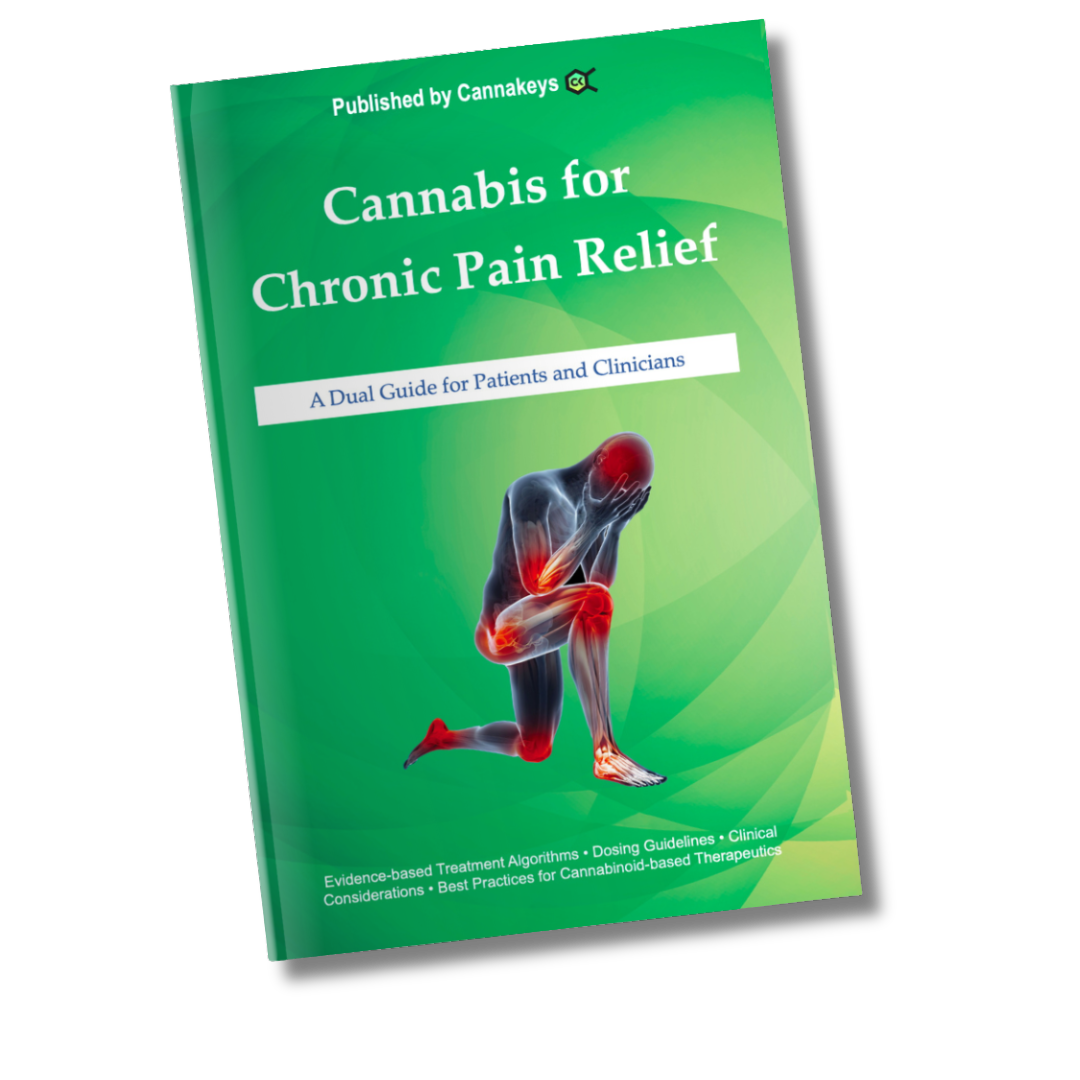Microbiome Research Dashboard
What am I missing as a non-subscriber?
To see a full dashboard with study details and filtering, go to our DEMO page.
As a subscriber, you will be able to access dashboard insights including chemotype overviews and dosing summaries for medical conditions and organ system and receptor breakdowns for cannabinoid and terpene searches. Study lists present important guidance including dosing and chemotype information with the ability to drill down to the published material. And all outputs are fully filterable, to help find just the information you need. Stay up-to-date with the science of cannabis and the endocannabinoid system with CannaKeys.
CannaKeys has 100 studies associated with Microbiome.
Here is a small sampling of Microbiome studies by title:
- Effects of prenatal cannabis exposure on offspring mental health: A focus on the role of the immune system
- Uncovering novel endocannabinoidome-gut microbiome-brain axis-based therapeutic targets in a Fragile X Syndrome mouse model
- Targeting the Endocannabinoidome: A Novel Approach to Managing Extraintestinal Complications in Inflammatory Bowel Disease
- 3D-printed cannabidiol hollow suppositories for treatment of epilepsy
- The Role of Endocannabinoids in Physiological Processes and Disease Pathology: A Comprehensive Review
Ready to become a subscriber? Go to our PRICING page. Want to learn more about Endocannabinoid Medicine? Buy a book.

Endocannabinoid Medicine: 11 Keys to Deeper Healing
A clear, science-based guide to working with the endocannabinoid system for whole-body balance.
Buy Book
Cannabis for Chronic Pain Relief: A Dual Guide for Patients and Clinicians
A practical, evidence-based guide to using cannabis and cannabinoids for chronic pain.
Buy BookPage Quick Links
Select New Cannabinoid
Overview - Microbiome
Description of Microbiome
The “human superorganism” concept is often used to describe the microbiome. The human superorganism consists of the human body (the host) and the wide variety of microbial organisms (e.g., viruses, bacteria, fungi) that live within the body and on the skin's surface.
Some microbial members of the “superorganism” are disruptive intruders, such as dermatophytes or fungi that cause onychomycosis (foot and nail fungus). In contrast, others are beneficial organisms called probiotics (e.g., Acidophilus, Bifidum, Akkermansia muciniphila). Most fermented foods such as sauerkraut, kimchi, kefir, and yogurt naturally contain an abundance of probiotic cultures.
The gut contains all components of the classical ECS (i.e., CB1, CB2, AEA, 2-AG, FAAH, MAGL) and, as such, is involved in regulating gut motility, permeability, and inflammatory processes, the connection between the microbiome, probiotics, and components of the endocannabinoid system (ECS) is only beginning to be better understood. However, early data suggest a complex interplay between the ECS and the microbiome that may be individually targeted to induce several health-related effects using diet, nutrition, beneficial bacteria, and cannabinoid-based therapeutics, thus revealing novel opportunities for clinical practice.
Other Names:
MicrobiomeGut microbiome, Microbiota, Probiotics, Metagenome of the microbiota, Microbial biome, Microorganisms existing in the human body, Community of microorganisms, Endomicrobiome
Microbiome Properties and Effects
Only Members can view Properties and Effects information. See DEMO page.
Microbiome Receptor Binding
Only Members can view Receptor Binding information. See DEMO page.
Disclaimer
Information on this site is provided for informational purposes only and is not meant to substitute for the advice provided by your own licensed physician or other medical professional. You
should not use the information contained herein for diagnosing or treating a health problem or disease. If using a product, you should read carefully all product packaging. If you have or suspect that you have a
medical problem, promptly contact your health care provider.
Information on this site is based on scientific studies (human, animal, or in vitro), clinical experience, or traditional usage as cited in each article. The results reported may not necessarily occur in all individuals. For many of the conditions discussed, treatment with prescription or over-the-counter medication is also available. Consult your physician, nutritionally oriented health care practitioner, and/or pharmacist for any health problem and before using any supplements or before making any changes in prescribed medications.

